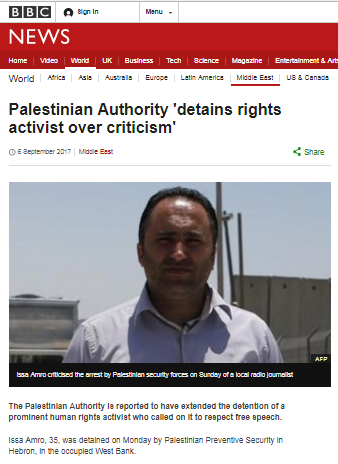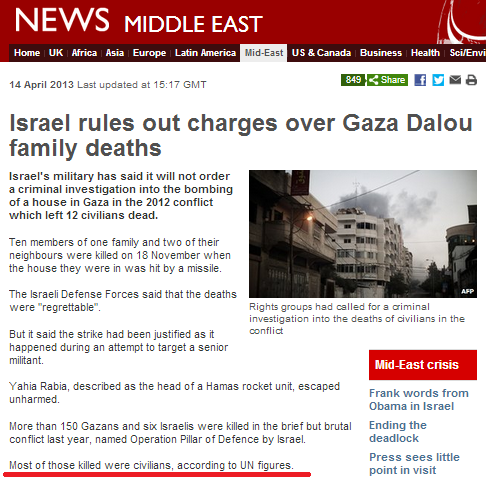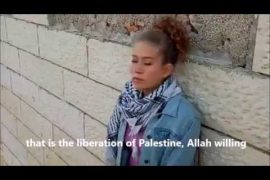Over the last three and a half years the Hebron-based professional activist Issa Amro and his group ‘Youth Against Settlements’ have from time to time appeared in content produced by various BBC departments.
May 2014 – Disingenuous report from BBC Trending promotes Palestinian agitprop
June 2014 – Yolande Knell’s ‘analysis’ of teens’ kidnappings breaches BBC editorial guidelines
November 2015 – Absurdity of BBC’s ‘international law’ mantra exposed by Yolande Knell
November 2015 – BBC World Service ‘Newshour’: using ‘alleged’ and ‘fact’ for framing
September 2017 – BBC News squeezes ‘settlements’ into internal PA affairs story
In none of those cases, however, did the BBC meet its own editorial guidelines on impartiality by clarifying to audiences the political agenda – or as the BBC terms it, the “particular viewpoint” – of Amro and his group.
“We should not automatically assume that contributors from other organisations (such as academics, journalists, researchers and representatives of charities) are unbiased and we may need to make it clear to the audience when contributors are associated with a particular viewpoint, if it is not apparent from their contribution or from the context in which their contribution is made.”
The NGO ‘Youth Against Settlements’ has been described by the BBC as a group that “train[s] activists and locals in how to use cameras and social media – in order to highlight abuses at the hands of Israelis” and Issa Amro has been portrayed in BBC reports as “a local activist”, “a Palestinian activist”, “a prominent human rights activist” and “a prominent human rights defender”.
Researcher Petra Marquardt-Bigman has compiled a detailed backgrounder on Issa Amro and his group in which she examines what actually lies behind the media and NGO portrayal of him as a ‘human rights activist’. The study underscores just how deficient the BBC’s partial portrayal of Amro has been to date.




